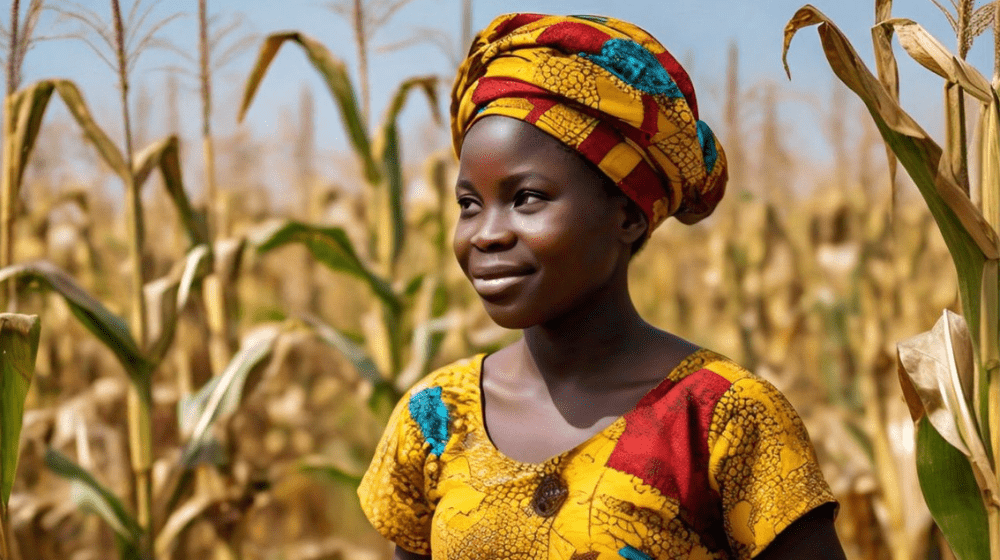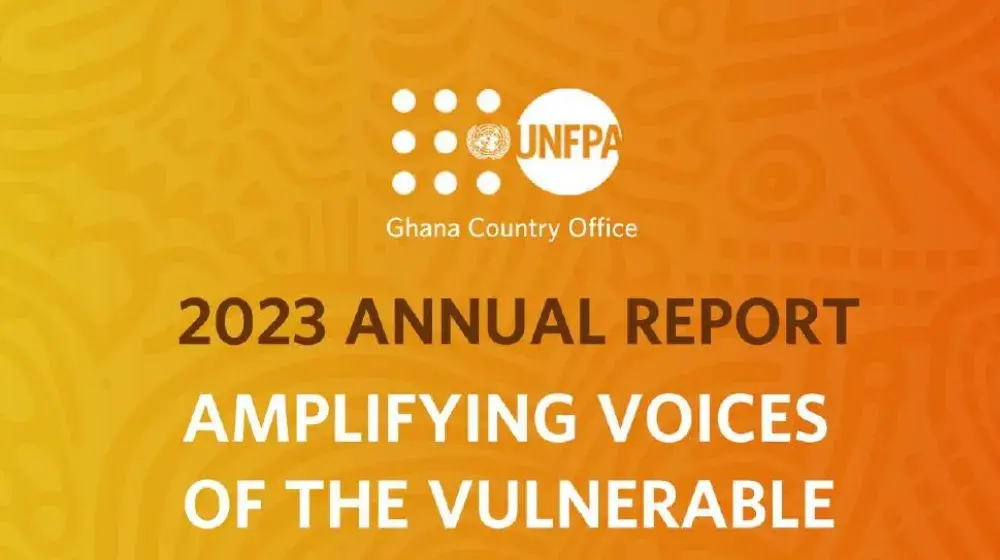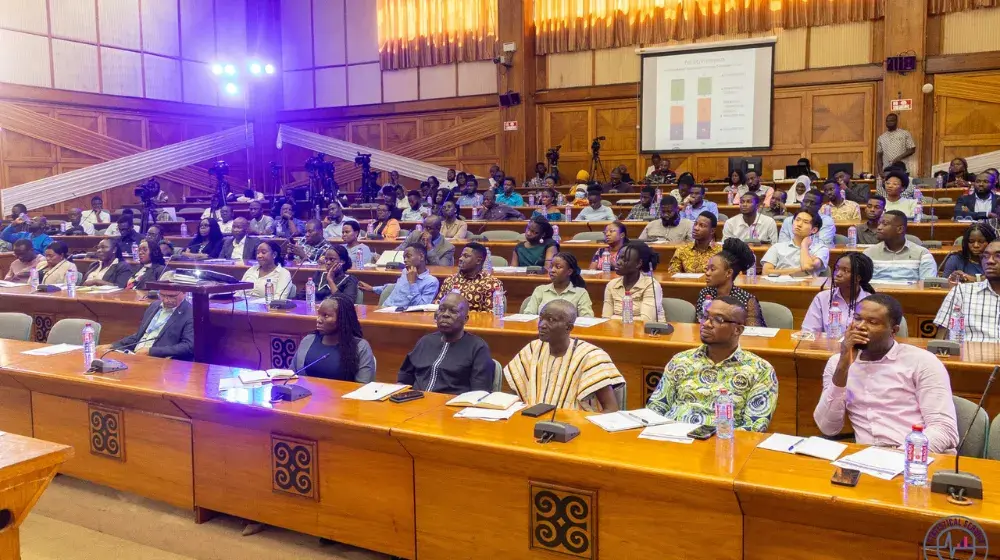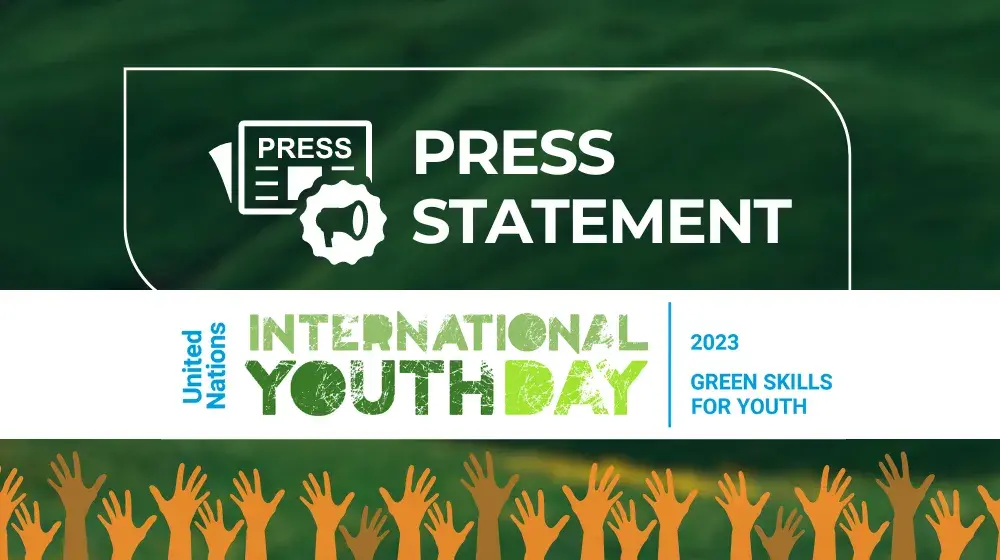The United Nations Population Fund has revealed that despite the significant strides made in sexual and reproductive health in Ghana over the past three decades, severe realities like thousands of women and girls remain underserved due to factors such as ethnicity, gender disparities and socio-economic status. This was revealed in the 2024 State of World Population report by UNFPA, the UN sexual and reproductive health agency.
Titled "Interwoven Lives, Threads of Hope: Ending Inequalities in Sexual and Reproductive Health and Rights," the report underscores the persistent role of discrimination in hindering progress in sexual and reproductive health for marginalized groups, such as women and girls.The statistics are alarming: women and girls from impoverished backgrounds and ethnic minorities face significantly higher risks of maternal mortality and limited access to essential healthcare services.
Despite the commitments made at the 1994 International Conference on Population and Development and the investments made in the last three decades, progress remains uneven. Tragically, 800 women worldwide still die daily from childbirth complications, and many women lack autonomy over their reproductive choices.
The report also acknowledges progress but warns against complacency, stressing the urgency of addressing widening inequalities and prioritizing the most vulnerable. The report highlights persistent disparities within countries, with marginalized groups facing barriers to accessing contraceptives and maternal care. Tailored interventions are crucial to address these gaps and empower marginalized communities.
The report again emphasizes the significance of investment and solidarity. It estimates that an additional $79 billion by 2030 could avert millions of unplanned pregnancies, save lives and yield substantial economic benefits. Addressing inequalities in sexual and reproductive health requires concerted efforts, tailored solutions and a commitment to leave no one behind in the pursuit of sustainable development.
The evidence outlined in the report points to a troubling reality–access to contraceptives, safe birth services, dignified maternity care and other essential sexual and reproductive health services is unreachable for too many women and girls.
Improvement in healthcare access have primarily benefited wealthier women and those who already have better access to healthcare. Women and girls with disabilities, economic challenges, ethnic minorities and people living with HIV all face greater sexual and reproductive health risks and unequal access to sexual and reproductive health care. Their vulnerability is further compounded by powerful forces such as climate change, humanitarian crises and mass migration, which often have a disproportionate impact on women at the margins of society.
The report highlights the importance of tailoring programmes to the needs of communities–instead of large-scale, one-size-fits-all approaches, and empowering women and girls to craft and implement innovative solutions. It is estimated that if we spent an additional $79 billion in low- and middle-income countries like Ghana by 2030, we would avert 400 million unplanned pregnancies, save 1 million lives and generate $660 billion in economic benefits globally.
NOTES TO EDITORS
The State of World Population report is UNFPA’s annual flagship publication. Published yearly since 1978, it shines a light on emerging issues in the field of sexual and reproductive health, bringing them into the mainstream and exploring the challenges and opportunities they present for international development.
As the United Nations sexual and reproductive health agency, UNFPA helps people obtain contraception and life-saving reproductive health services and information and empowers women and girls to make informed decisions about their bodies and lives.
For more information about UNFPA, please visit:unf.pa/toh





